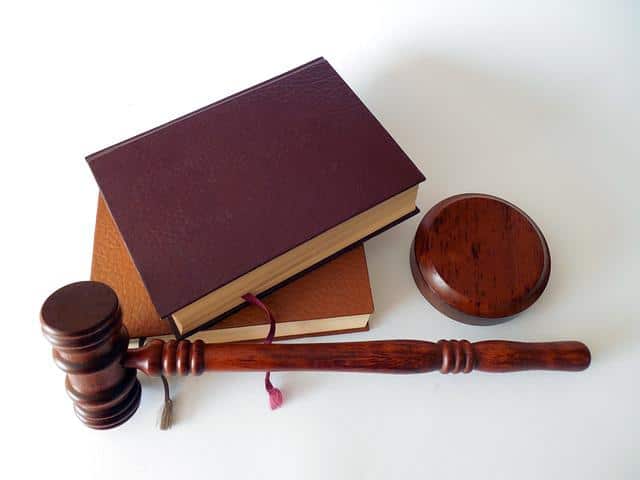
The sources of law are the norms, customs and principles that are taken as the basis for the development of legal rules.
To understand what the sources of law are, it is necessary to pay attention to the terms that make up the expression. Source has several meanings: in this case, we are interested in its meaning as the origin, the foundation or the base of something .
Law , meanwhile, is the set of rules and principles that make the regulation of social ties possible . Compliance with these norms, which are linked to the ideals of justice, must be guaranteed by the State, which has the monopoly on the use of violence to ensure that citizens respect them.
What are the sources of law
With these ideas clear, we can move forward with the definition of sources of law . This is the name given to the customs, mandates, guidelines and criteria that serve as the basis for the creation of the legal rules in force in a community .
In any case, it must be taken into account that there are different views on the essence of the sources of law. Many authors have analyzed the topic and it is even possible to differentiate the sources according to the legal tradition of each country.
There are those who understand that the first sources of law were practices, habits, uses and beliefs . Based on the acceptance of certain customs or routines as valid or acceptable, the rules to be followed to maintain harmony in society were established.
With the emergence of written law, the sources of law were formally recorded in rules , laws , constitutions , etc.: a judge applies a legal norm by virtue of what is already indicated in the legislation. In any case, principles of natural law are also accepted and jurisprudence is taken into account.

The sources of law can be classified in different ways.
Classification according to type
The sources of law are classified in different ways. One can distinguish, for example , between formal sources (enshrined in regulations) and material sources (abstract or general acts that produce changes in the legal system).
On the other hand, we can talk about binding sources , production sources , particular sources ... Depending on the aspect considered, various classifications arise.
Laws, doctrines and sources of law
Beyond views, positions or considerations, in a broad sense it can be stated that laws are the most used sources of law today. These are prescriptions that, in accordance with what is stated in the Constitution, the State dictates through the body with jurisdiction in the matter.
It is understood that laws, taking into account the benefit of all members of society and respecting a criterion of justice, can prohibit, force or authorize behavior. The application of laws, in any case, depends on people (the judges). Thus, the doctrine becomes important, which is developed from the majority positions of experts on a specific topic.
A judge can follow the line of a certain doctrine to interpret a law and, as a consequence, apply it. The sources of law on which this judge relies, in this case, are the law itself and the doctrine he observed. The law, in turn, may have been born from custom , to mention one possibility.
